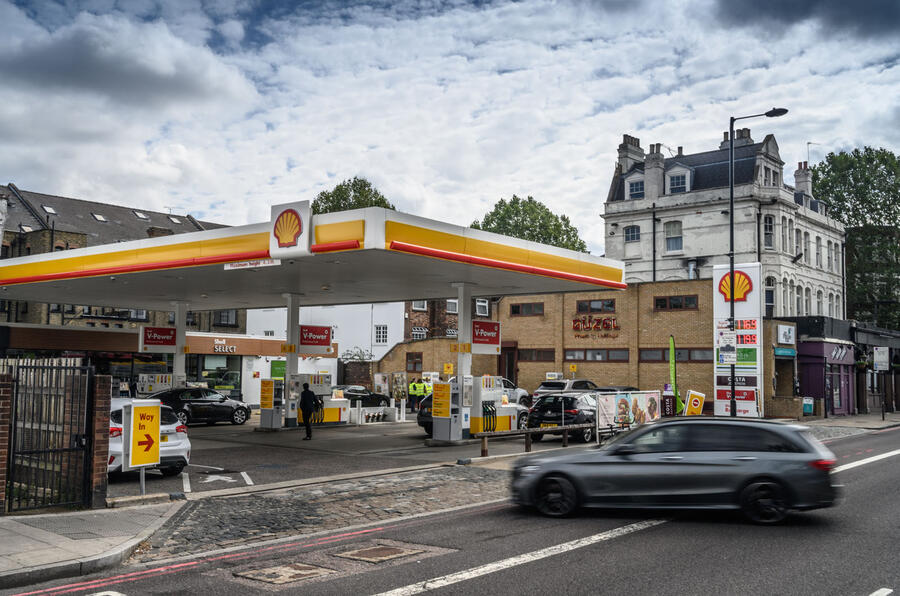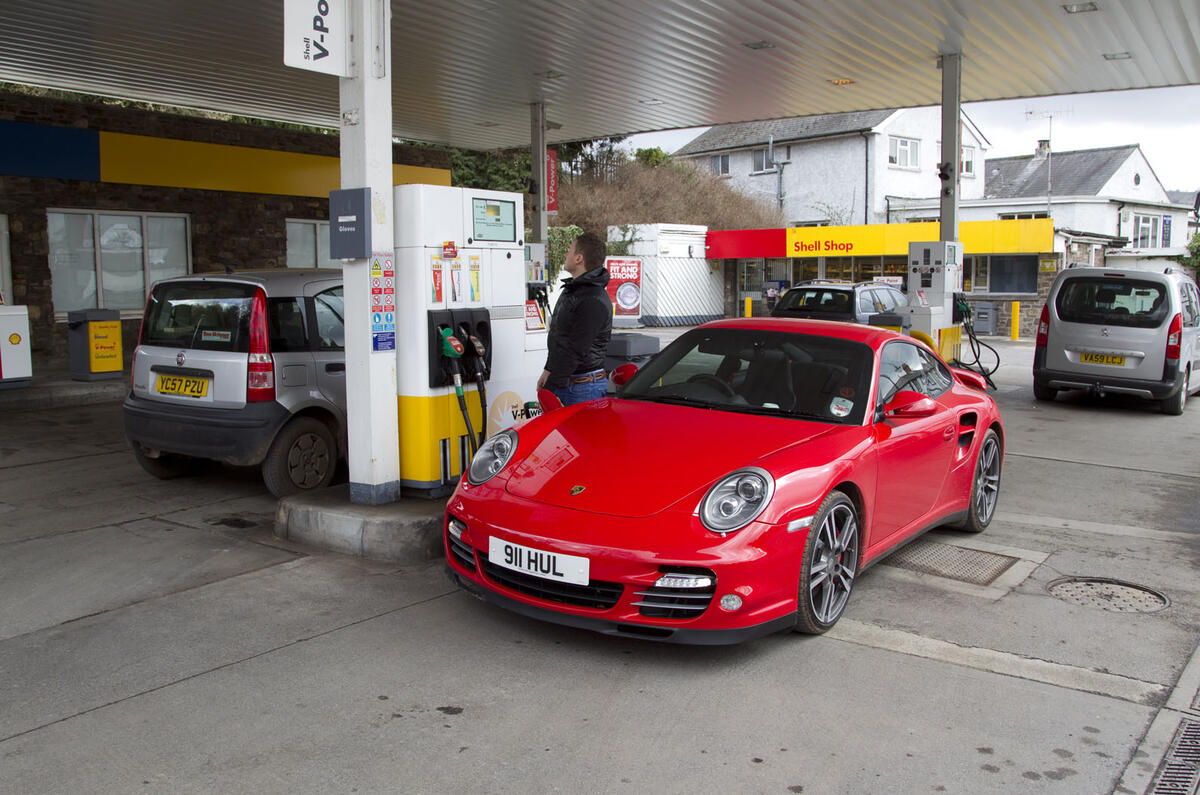MPs yesterday participated in a highly charged debate on the subject of slashing fuel duty by 40% in reaction to soaring prices at the pumps.
Tonia Antoniazzi, Labour MP for Gower in Wales, brought the debate to the House of Commons, outlining the dramatic impact that rising fuel prices have had on her constituents and on the more than 100,000 people who signed a petition calling for the reduction in fuel duty.
"The AA has calculated that the cost of filling a typical 55-litre tank has risen during the year from £70.61 to £92.20 for petrol and from £71.94 to £99.48 for diesel," Antoniazzi said.
"There has been the most derisory of efforts to help drivers. For me, that's symptomatic of a government who have no idea about the impact that the cost-of-living crisis is having on people across the country – rising home energy prices, food prices rocketing and the cost of fuel at a record high."
Her arguments were backed up by Jessica Morden, MP for Newport East, who highlighted: "Collectively, care workers drive more than four million miles a day to care for the vulnerable in our communities. They fear that they may have to leave the profession because the cost of fuel is making it difficult for them to get to work."
Other issues brought to the House of Commons include a lack of public transport options in rural areas forcing drivers to pay the more expensive fuel prices, mental health issues arising from social isolation as a result of not being able to travel to see relatives and people skipping meals to be able to afford to use their car.

Antoniazzi said: "We know that there's more the government can do."
She pointed to measures taken by various European governments to combat the soaring fuel costs – including a total axe on fuel VAT in Poland, a 15-20% per litre cut in excise duty in Ireland and a 15-cent-per-litre discount in France – as examples of how the government could support UK motorists.
In late March, chancellor Rishi Sunak announced a 5p-per-litre cut in fuel duty, to last 12 months, in an effort to reduce prices at the pumps. But the measure has been widely condemned as a failure, having not compensated for sustained price increases as a result of the war in Ukraine and other external factors.
In a statement, the Petrol Retailers Association explained: "Forecourts have passed on this cut; consumers haven't felt it at the pumps because prices have since risen. Forecourts have also had to contend with recent cost-of-living increases, such as increases in electricity costs and in the national minimum wage.








Join the debate
Add your comment
If the government is going to help with soaring fuel bills, surely it would be far fairer to have assistance with gas and electricity bills rather than petrol/diesel? That way the everyone in society benefits and not just the better off who can afford to run a car.
Remember, the well off are a minority, and, what with Borisgate, we've now concrete prove that , just because other countries have reduced taxes on fuel, it might not help.